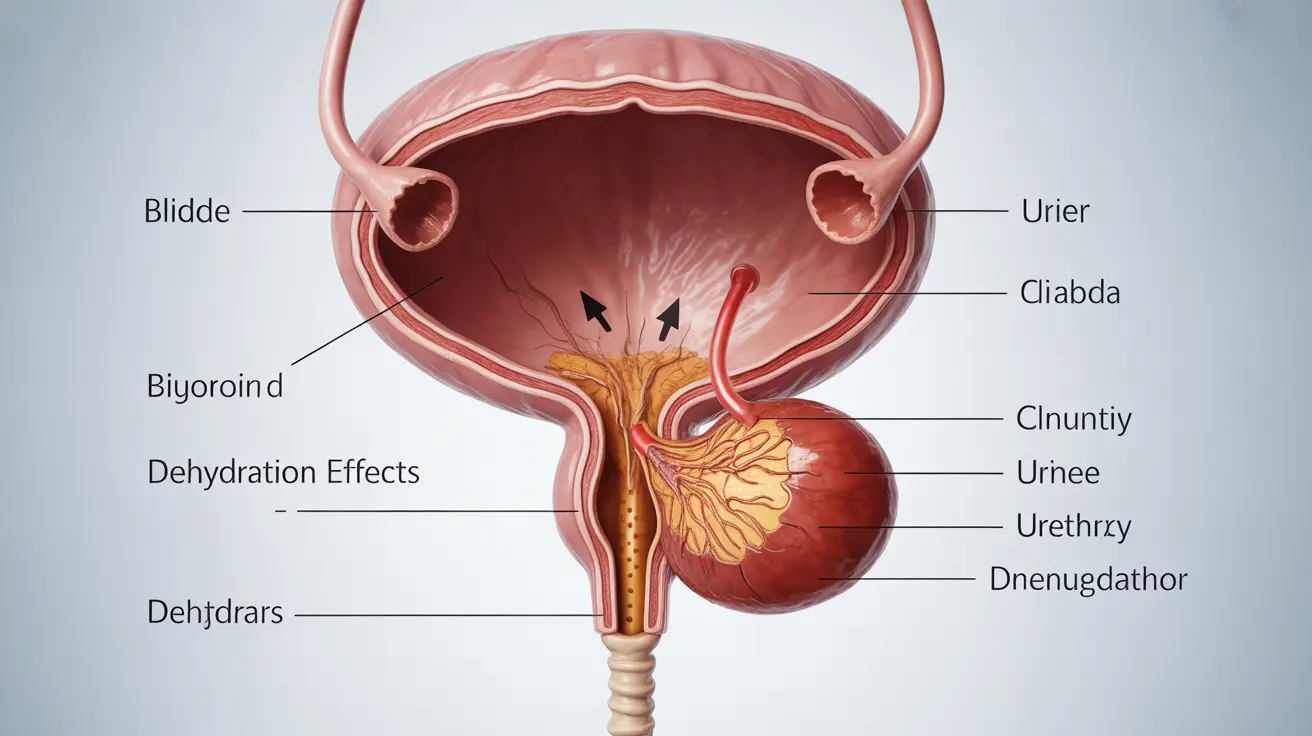Stress-induced psychosis is a serious mental health condition where severe psychological stress triggers temporary psychotic symptoms. This complex disorder can significantly impact a person's perception of reality, causing distressing experiences that may include hallucinations, delusions, and confused thinking. Understanding this condition is crucial for early intervention and effective treatment.
While less common than other mental health conditions, stress-induced psychosis requires immediate medical attention and comprehensive care. This article explores the key aspects of this condition, from recognition to recovery, helping you understand its nature and available support options.
Recognizing the Signs and Symptoms
Stress-induced psychosis manifests through various psychological and behavioral changes that can be alarming for both the affected individual and their loved ones. Common symptoms include:
- Visual or auditory hallucinations
- Paranoid thoughts or delusions
- Disorganized speech or behavior
- Severe anxiety or agitation
- Difficulty distinguishing reality from imagination
- Sudden changes in personality or behavior
Unlike chronic psychotic disorders, stress-induced psychosis is typically triggered by an identifiable stressor and may resolve more quickly with appropriate intervention.
Diagnosis and Assessment Process
Healthcare providers use a comprehensive approach to diagnose stress-induced psychosis, carefully ruling out other potential causes of psychotic symptoms. The diagnostic process typically includes:
- Detailed medical history evaluation
- Physical examination
- Mental health assessment
- Blood tests to rule out medical conditions
- Psychological evaluation
- Assessment of recent life events and stressors
Early diagnosis is crucial for implementing effective treatment strategies and preventing potential complications.
Treatment Approaches
Medical Interventions
Treatment often involves a combination of immediate and long-term interventions, including:
- Antipsychotic medications for symptom management
- Anti-anxiety medications when appropriate
- Regular monitoring of medication effectiveness
- Adjustment of treatment plans as needed
Therapeutic Support
Psychotherapy plays a vital role in recovery and may include:
- Cognitive Behavioral Therapy (CBT)
- Stress management techniques
- Family therapy
- Group support sessions
- Crisis intervention counseling
Prevention and Risk Reduction
While not all cases of stress-induced psychosis can be prevented, several strategies may help reduce risk:
- Developing healthy stress management techniques
- Maintaining regular sleep patterns
- Building a strong support network
- Practicing mindfulness and relaxation
- Seeking early intervention during periods of high stress
- Regular exercise and healthy lifestyle choices
Recovery and Support Systems
Recovery from stress-induced psychosis often requires a comprehensive support system, including:
- Professional mental health support
- Family and friend networks
- Community resources and support groups
- Occupational therapy when needed
- Regular follow-up care
- Lifestyle modifications
Frequently Asked Questions
What are the symptoms of stress-induced psychosis and how does it differ from other psychotic disorders? Stress-induced psychosis is characterized by temporary psychotic symptoms triggered by severe stress, unlike chronic psychotic disorders. Symptoms include hallucinations, delusions, and confused thinking, but typically resolve more quickly with treatment.
How is stress-induced psychosis diagnosed and what tests might be involved? Diagnosis involves comprehensive medical and psychological evaluations, including physical exams, blood tests, mental health assessments, and careful consideration of recent stressors and life events.
What are the treatment options for stress-induced psychosis, including therapy and medication? Treatment typically combines antipsychotic medications with various forms of psychotherapy, including CBT, stress management, and family therapy. The approach is tailored to each individual's needs.
Can stress-induced psychosis be prevented, and what lifestyle changes can help reduce its risk? While not entirely preventable, risk can be reduced through stress management techniques, regular sleep patterns, healthy lifestyle choices, and early intervention during high-stress periods.
How does stress-induced psychosis affect daily life, and what support systems are available for recovery? The condition can significantly impact daily functioning, but recovery is supported through professional mental health care, family support, community resources, and comprehensive treatment plans.




